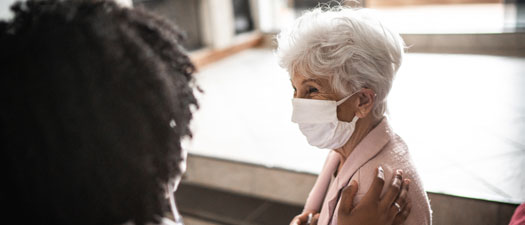Post-surgery care and rehabilitation
——
The type of spine surgery you have will determine how long you'll need to stay in the hospital and what kind of care you'll need while you heal.
From the moment your surgery begins, we'll be constantly monitoring you. Once your surgery is complete, you'll stay in a hospital room until you're ready to go home.
Recovery and rehabilitation day 1
The day after surgery is known as "day one." Some spine surgeries require that you wear a brace for a while afterwards. If you need a brace, keep wearing it until your doctor tells you to remove it.
You may be told you need to stand or sit within the first 24 hours of surgery. You may need assistance to stand and sit. You may have a physical therapist who will help you with standing and sitting.
Usually, you need to wait a while before walking. Waiting to walk is important so you don't injure yourself and to help with healing. The first few times you walk, you should take it slow, so you don't overdo it.
-
OR
-
OR
-
OR
-
OR
-
OR
Recovery and rehabilitation day 2
On the second day in the hospital after spine surgery, you might have these experiences.
-
OR
-
OR
-
OR
Recovery and rehabilitation day 3 and beyond
On the third day in the hospital after spine surgery, you might have these experiences.
-
OR
-
OR
-
OR
Helpful resources
——

Health and wellness
Looking for ways to feel your best? Check out our wellness library and community events.


